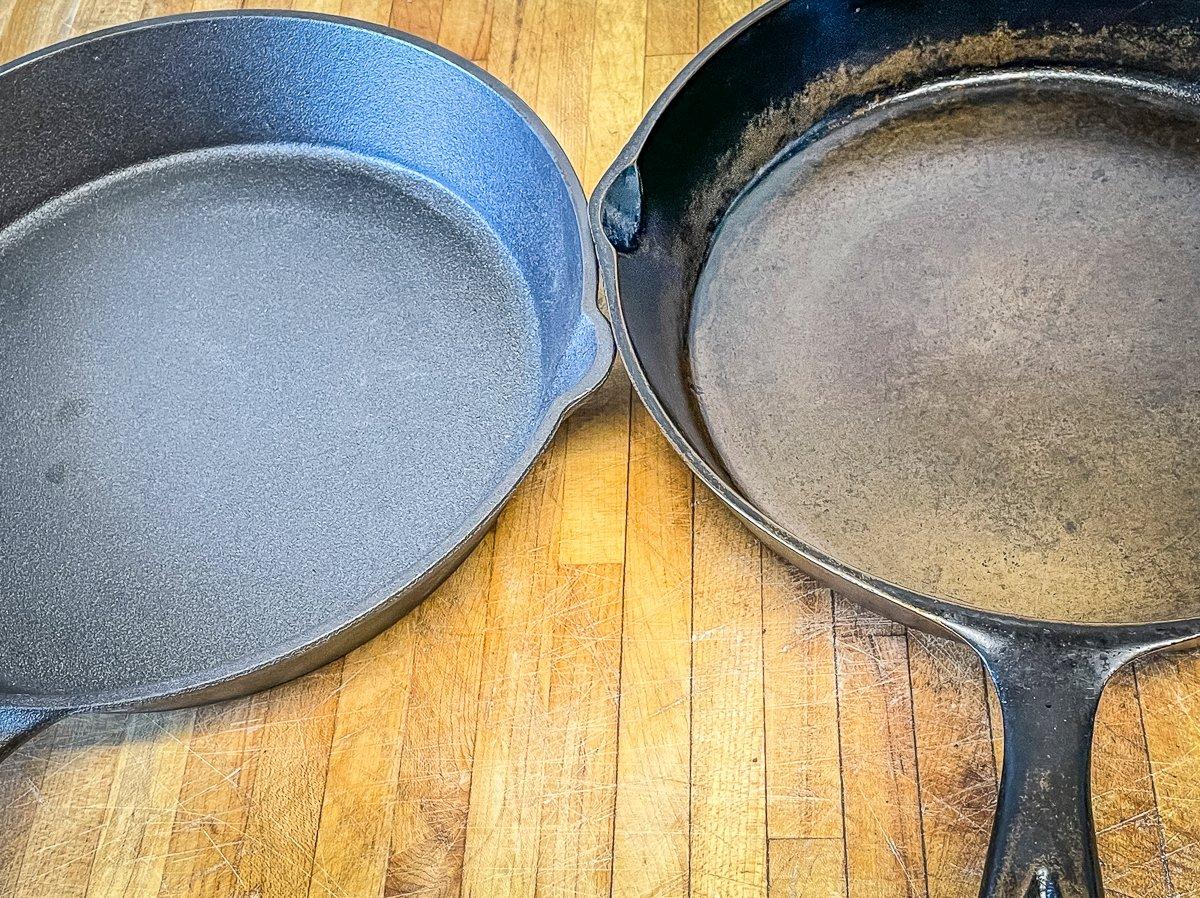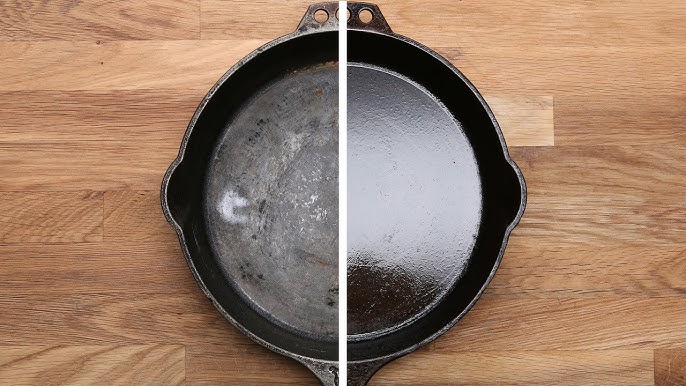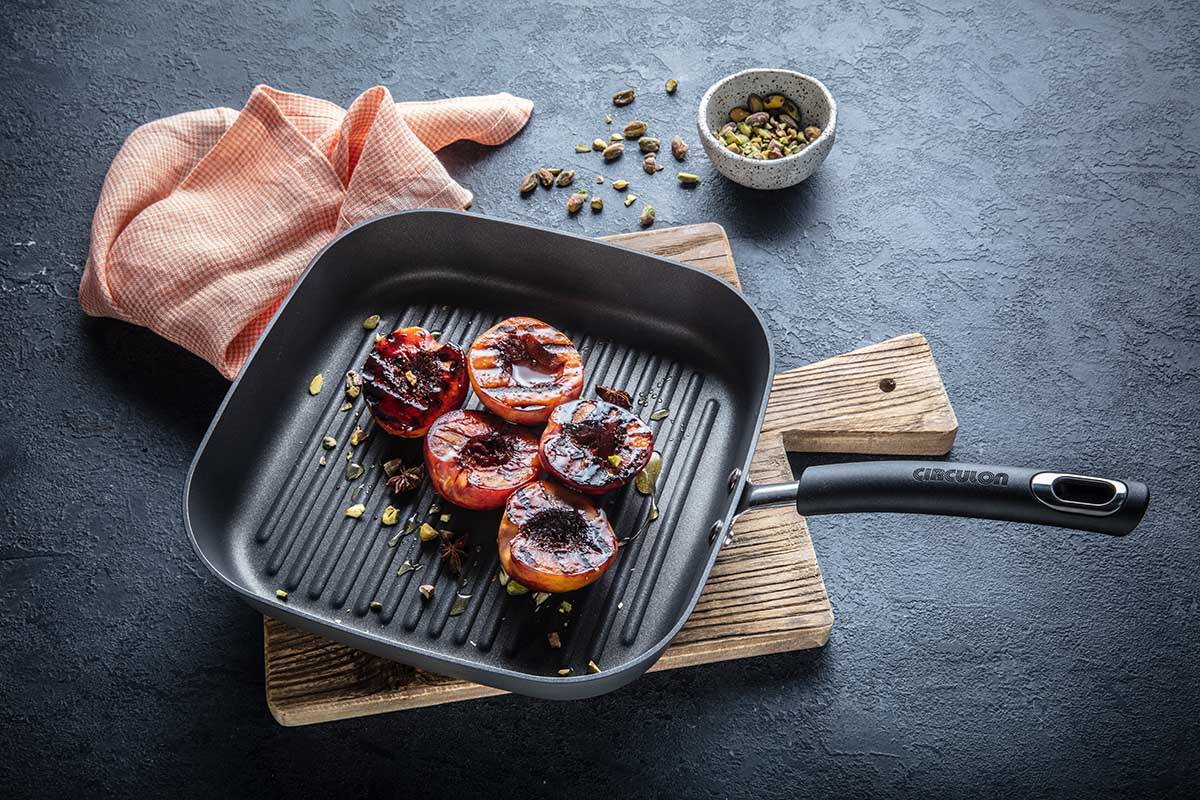Maintaining your lodge cast iron collection is an art that can elevate your cooking experience to new heights. However, there may come a time when you find yourself asking, how to remove seasoning from lodge cast iron? Whether its due to burnt food residue or the need for a fresh start, understanding the process is essential for any kitchen professional.
This article aims to guide you through the intricacies of removing seasoning from lodge cast iron. As you dive deeper into the article, you will discover tips, techniques, and valuable insights that will not only help you properly manage your cast iron but also ensure it lasts for generations.

Why Might You Need to Remove Seasoning?
Before we understand how to remove seasoning from lodge cast iron, it's important to pinpoint the reasons for doing so. The seasoning isn't merely a layer of oil; it forms a protective barrier that enhances your cooking experience. However, there are times where it becomes imperative to remove this coating:
- When the seasoning has become flaky or uneven, affecting the cooking performance.
- If you're switching from cooking savory dishes to baking sweet ones, you may want a clean slate.
- Accumulated rust or debris can hinder food safety.
Tools and Materials Needed
To effectively remove the seasoning from your lodge cast iron, you will need some basic tools and materials:
- Oven Cleaner - A non-toxic cleaner is ideal for this task.
- Steel Wool - A fine grade of steel wool will help scrub away the old seasoning.
- Gloves - Protect your hands from cleaner and grime.
- Plastic Scraper - Useful for removing stubborn bits.
- Rags - For cleaning and drying.
- Hot Water - For rinsing.
Step-by-Step Guide to Remove Seasoning from Lodge Cast Iron
Step 1: Prepare Your Workspace
Before you begin, make sure to gather all the necessary materials in a well-ventilated area. It's imperative to handle the oven cleaner with caution, so ensure your space is free of clutter.
Step 2: Apply Oven Cleaner
Once your space is ready, generously apply the oven cleaner to all surfaces of the cast iron skillet. Try to coat every nook and cranny to effectively break down the seasoning.
Step 3: Let It Sit
Let the oven cleaner do its magic by allowing it to sit for at least an hour. This step is crucial for softening and loosening the hardened seasoning.
Step 4: Scrub with Steel Wool
After the designated time has passed, use your steel wool to scrub the skillet gently. Pay particular attention to areas with heavy seasoning. It's okay to apply some elbow grease here!
Step 5: Rinse Thoroughly
Once you have scrubbed the skillet, rinse it thoroughly with hot water. It's important to get rid of all the oven cleaner residue before proceeding.
Step 6: Inspect for Remaining Residue
After rinsing, inspect your skillet for any remaining seasoning. If you find some spots that still have old seasoning, repeat the earlier steps until all of it has been removed.
Step 7: Dry Completely
Make sure to dry your lodge cast iron skillet fully. Leaving moisture can lead to rust.
Step 8: Re-season the Cast Iron
After you've successfully removed the seasoning, you can now proceed to re-season your cast iron to restore its non-stick qualities.
Helpful Tips for Maintaining Your Lodge Cast Iron
- Regular cleaning with hot water and a brush is essential.
- Always dry your skillet immediately to prevent rust.
- Lightly oils your skillet after each clean to maintain the seasoning.
Common Mistakes to Avoid
- Using soap too frequently - It can strip the seasoning.
- Overheating your skillet - This can lead to cracking or warping.
- Ignoring rust - Address it quickly to avoid damage.
Frequently Asked Questions
How often should I remove seasoning from my cast iron?
You should only remove seasoning when you notice significant buildup, rust, or if the cooking surface has become uneven.
Can I use vinegar for removing seasoning?
Yes, vinegar can be used as an alternative. However, it may require extra scrubbing and isnt as effective when compared to other methods.
Is it necessary to re-season after removing the coating?
Absolutely! Re-seasoning is essential to restore the cast irons non-stick properties and protect it from rust.

Further Reading and Resources
For more about maintaining your cast iron skillets, check out how to maintain cast iron seasoning. You might also want to learn how long to wait and what cloth to use during the process. More importantly, you can read about how to season your skillet for the perfect finish.
As an Amazon Associate, I earn from qualifying purchases.





Leave a comment
This site is protected by hCaptcha and the hCaptcha Privacy Policy and Terms of Service apply.